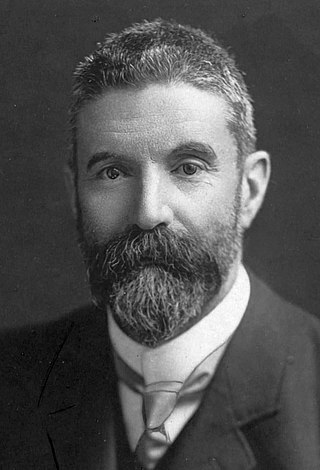
Alfred Deakin was an Australian politician who served as the second prime minister of Australia from 1903 to 1904, 1905 to 1908 and 1909 to 1910. He held office as the leader of the Protectionist Party, and in his final term as that of the Liberal Party. He is notable for being one of the founding fathers of Federation and for his influence in early Australian politics.

Sir William John Lyne KCMG was an Australian politician who served as Premier of New South Wales from 1899 to 1901, and later as a federal cabinet minister under Edmund Barton and Alfred Deakin. He is best known as the subject of the so called "Hopetoun Blunder", unexpectedly being asked to serve as the first Prime Minister of Australia but proving unable to form a government.
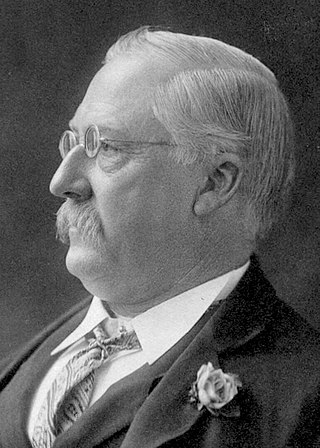
Sir George Turner was an Australian politician. He served two terms as Premier of Victoria, holding office from 1894 to 1899 and 1900 to 1901 as a liberal. After Federation he was invited by Edmund Barton to join the inaugural federal ministry, becoming the first Treasurer of Australia. He held office until 1904 under Barton and Alfred Deakin, then a few months later resumed office under George Reid. The government fell in 1905 and Turner retired from politics at the 1906 election.
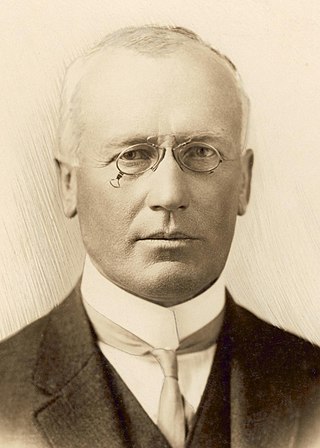
Sir William Hill Irvine was an Australian politician and judge. He served as Premier of Victoria (1902–1904), Attorney-General of Australia (1913–1914), and Chief Justice of Victoria (1918–1935).
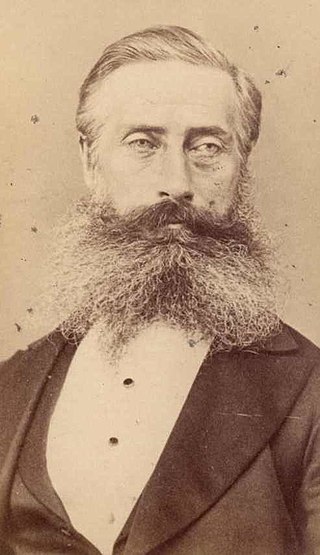
Sir Graham Berry,, was an Australian colonial politician and the 11th Premier of Victoria. He was one of the most radical and colourful figures in the politics of colonial Victoria, and made the most determined efforts to break the power of the Victorian Legislative Council, the stronghold of the landowning class.
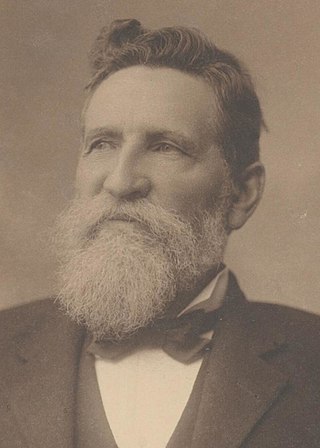
Allan McLean was an Australian politician who served as the 19th Premier of Victoria, in office from 1899 to 1900. He was later elected to federal parliament, where he served as a government minister under George Reid.

William Alexander Watt was an Australian politician. He served two terms as Premier of Victoria before entering federal politics in 1914. He then served as a minister in the government of Billy Hughes from 1917 to 1920, including as acting prime minister during World War I, and finally as Speaker of the House of Representatives from 1923 to 1926.
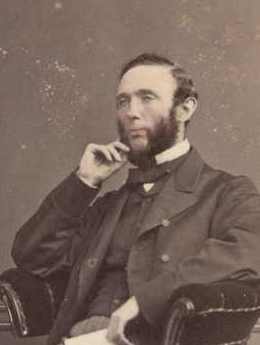
James Service, an Australian colonial politician, was the 12th premier of Victoria, Australia.
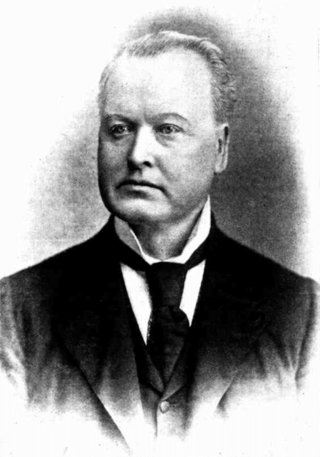
Duncan Gillies, was an Australian colonial politician who served as the 14th Premier of Victoria.

James Munro was a Scottish born Australian businessman and colonial politician, and the 15th Premier of Victoria. He is best known as one of the leading figures in the land boom of the 1880s and especially the subsequent crash of the early 1890s, where his Christian morals were seen to clash with his business activities.

William Shiels was an Australian colonial-era politician, serving as the 16th Premier of Victoria.

Sir James Brown Patterson, was an Australian politician who served as premier of Victoria from 1893 to 1894.

Sir Alexander James Peacock was an Australian politician who served as the 20th Premier of Victoria.
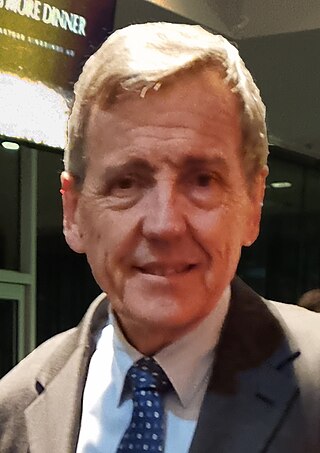
Robert William Clark is an Australian former politician. He was a Liberal Party member of the Victorian Legislative Assembly from 1988 to 2018, representing the electorates of Balwyn (1988–1992) and Box Hill (1992–2018). He served as Attorney-General and Minister for Finance in the Baillieu Ministry and Napthine Ministry from 2010 to 2014, and also served as Minister for Industrial Relations under Napthine from 2013 to 2014. He had previously served as Parliamentary Secretary to the Treasurer (1992–1996) and Parliamentary Secretary for Treasury and Multimedia (1996–1999) during the Kennett government.

Michael Sven Sukkar is an Australian politician has served as the Shadow Minister for Housing, NDIS, and Social Services since 2022. Previously he had served as Assistant Treasurer and Minister for Housing and as the Minister for Homelessness, Social and Community Housing. Sukkar has been a member of the House of Representatives since September 2013, representing the Division of Deakin in Victoria for the Liberal Party.
The Liberal Party, often known simply as the Liberals, was the name used by a number of political groupings and parties in the Victorian Parliament from the late 19th century until around 1917.
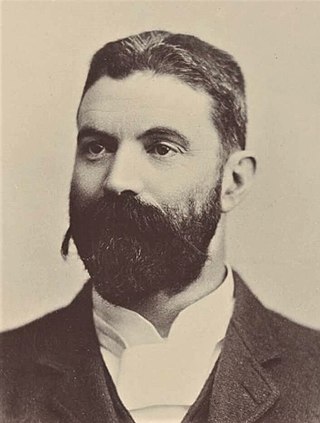
The 1889 Victorian colonial election was held on 28 March 1889 to elect the 14th Parliament of Victoria. All 95 seats in the Legislative Assembly were up for election, though 11 were uncontested.

The 1883 Victorian colonial election was held on 22 February 1883 to elect the 12th Parliament of Victoria. All 86 seats in 55 electorates in the Legislative Assembly were up for election, though twelve seats were uncontested.

The 1871 Victorian colonial election was held from 14 February to 16 March 1871 to elect the 7th Parliament of Victoria. All 78 seats in 49 electorates in the Legislative Assembly were up for election, though six seats were uncontested.

The 1868 Victorian colonial election was held from 21 January to 20 February 1868 to elect the 6th Parliament of Victoria. All 78 seats in 49 electorates in the Legislative Assembly were up for election, though seven seats were uncontested.



















